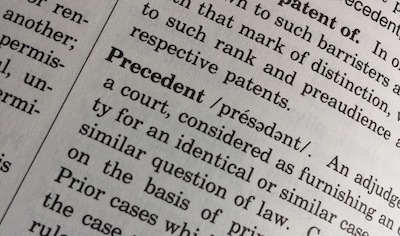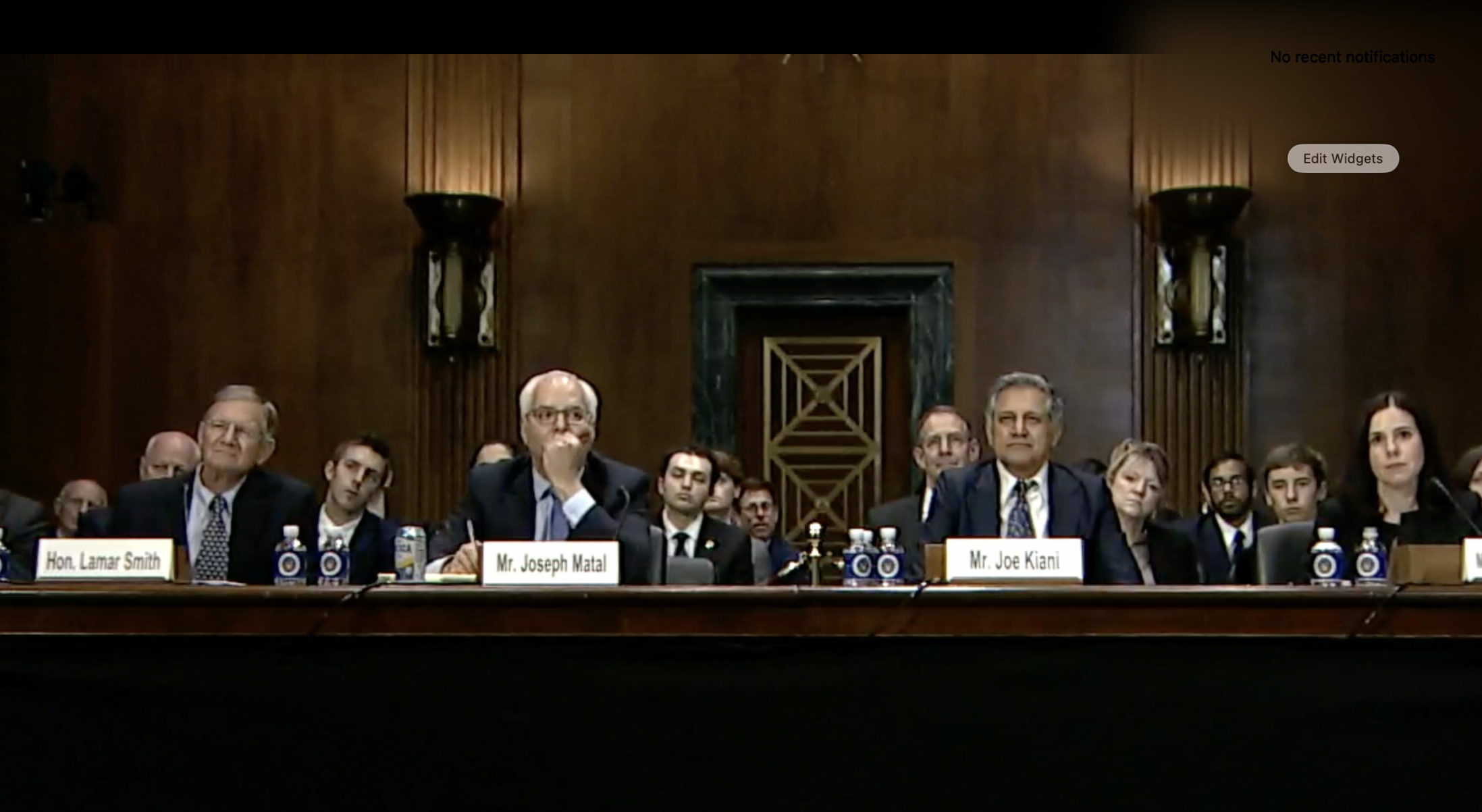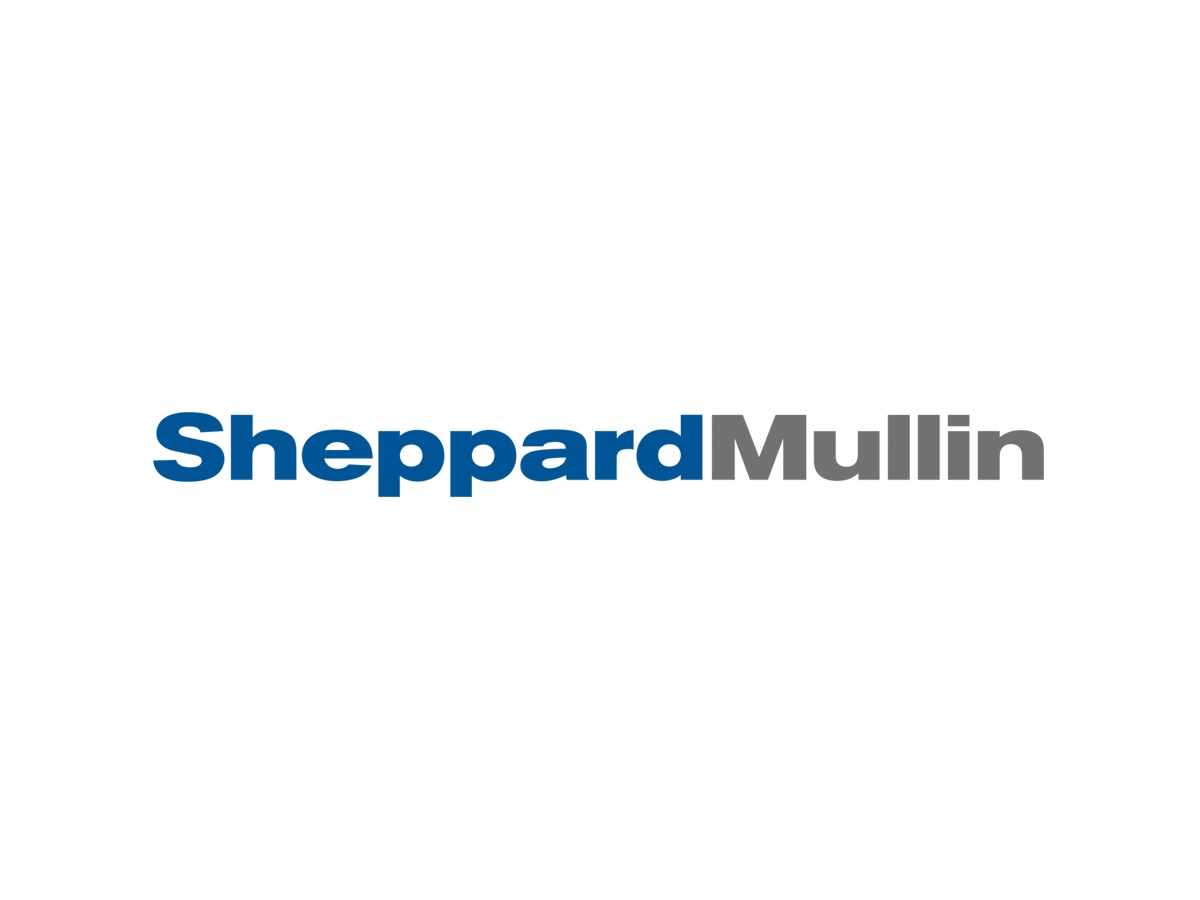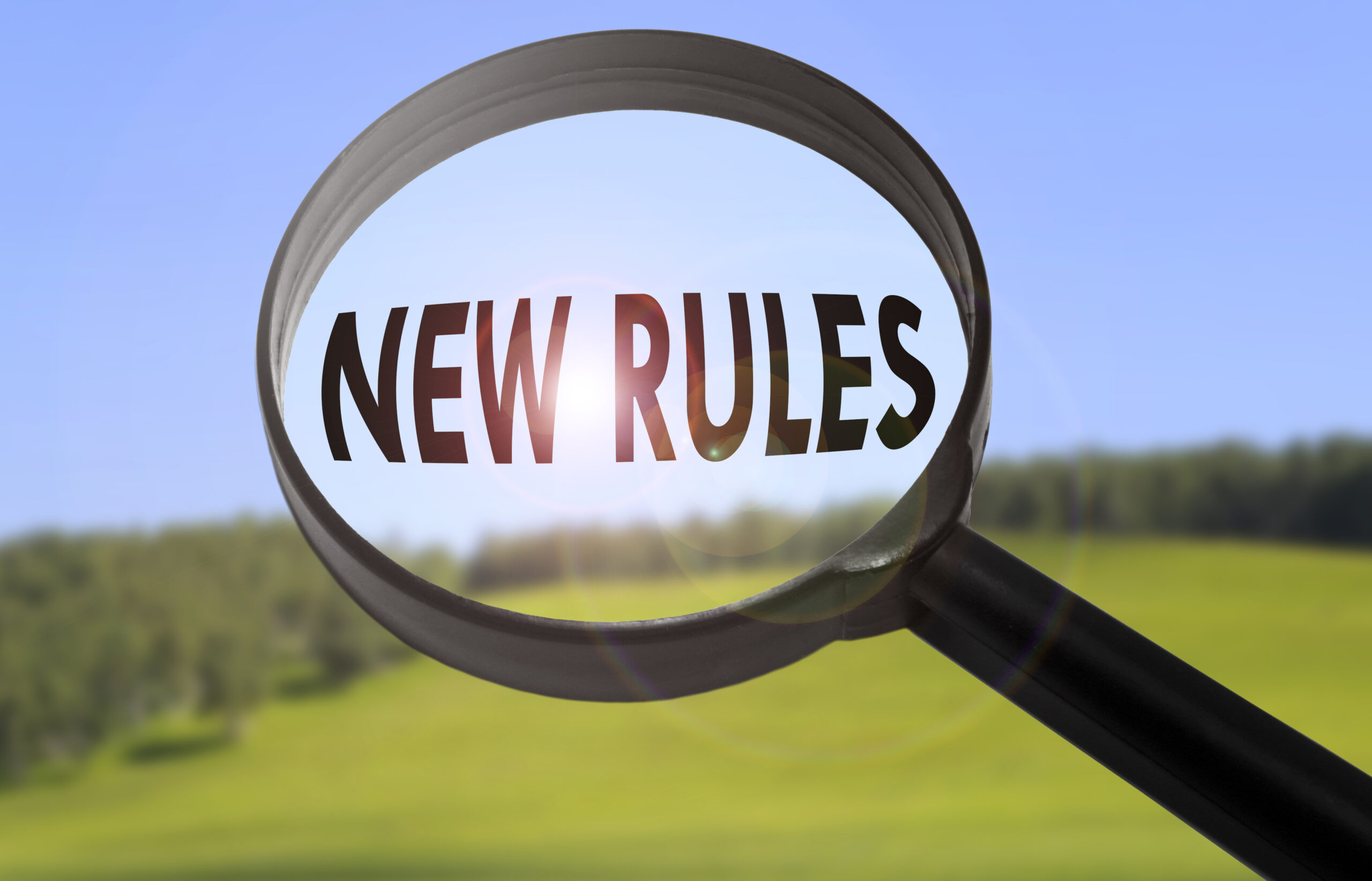CAFC Says Lack of Concrete Plans to Market Eye Treatment Dooms Allgenesis Appeal
“Allgenesis did not allege that Cloudbreak threatened an infringement suit against Allgenesis during the negotiations, making them insufficient to support the required showing of potential future liability.”
On November 7, the U.S. Court of Appeals for the Federal Circuit (CAFC) issued a precedential decision in Allgenesis Biotherapeutics Inc. v. Cloudbreak Therapeutics, LLC, dismissing Allgenesis’ appeal after an unsuccessful challenge to Cloudbreak’s patent claims at the Patent Trial and Appeal Board (PTAB). The Federal Circuit ruled that Allgenesis lacked Article III standing to bring the appeal for failing to establish an injury in fact stemming from potential infringement liability or the impact of the PTAB’s priority determinations on the scope of Allgenesis’ patent rights.
PTAB Appellant Must Show Injury in Fact Under Spokeo’s Article III Standard
Allgenesis filed a petition for inter partes review (IPR) proceedings at the PTAB to challenge the validity of U.S. Patent No. 10149820, Compositions and Methods for Treating Pterygium. Prior to institution, the ‘820 patent claimed the use of multikinase inhibitors, including nintedanib, for treating pterygium, an eye condition involving tumorous growths. During the IPR, Cloudbreak disclaimed the genus claims of the ‘820 patent, leaving claims narrowed to the use of nintedanib.
The PTAB issued a final written decision in February 2022, ruling that Allgenesis failed to show that the remaining nintedanib claims in Cloudbreak’s ‘820 patent were unpatentable. In so ruling, the PTAB determined that an international patent application filed by Allgenesis was not prior art to Cloudbreak’s nintedanib claims, which were sufficiently described by the specification of a provisional application to which Cloudbreak’s ‘820 patent claims priority.
Allgenesis appealed the PTAB’s ruling, but in assessing the Article III standing requirements for cases or controversies to be adjudicated by a federal court, the Federal Circuit found that Allgenesis failed to meet its burden of establishing that it suffered an injury in fact stemming from the Board’s ruling. The injury in fact requirement is one of three standing requirements from the U.S. Supreme Court’s 2016 ruling in Spokeo, Inc. v. Robins, along with showing the injury’s traceability to the defendant’s conduct and the likelihood that a favorable judicial decision will redress the injury.
CAFC: No Concrete Plans
The Federal Circuit first dismissed Allgenesis’ contention that its own development of nintedanib treatments for pterygium established an injury in fact. In so arguing, Allgenesis relied on declarations from its vice president of finance that the company is developing nintedanib formulations and that it reasonably believes Cloudbreak will enforce the ‘820 patent against any nintedanib product brought to market.
The appellate court ruled that this testimony was conclusory and did not establish that Allgenesis had any concrete plans to market a nintedanib treatment for pterygium or develop its own treatment beyond Phase II clinical trials. Such concrete plans are required to show a substantial risk of future infringement as required by the Federal Circuit’s 2018 ruling in JTEKT Corp. v. GKN Automotive. While Allgenesis argued on appeal that it plans to engage in Phase III trials, no corresponding declaration was found in the record at the PTAB.
Allgenesis also pointed to settlement negotiations between itself and Cloudbreak to establish that Cloudbreak is likely to assert patent infringement claims against Allgenesis in the future. As the Federal Circuit noted, those negotiations centered on Allgenesis’ IPR petition against the ‘820 patent. Allgenesis did not allege that Cloudbreak threatened an infringement suit against Allgenesis during the negotiations, making them insufficient to support the required showing of potential future liability.
The Federal Circuit also nixed Allgenesis’ arguments that the PTAB’s priority determination would have preclusive effect against its own pending patent application. Applying its reasoning from Best Medical International v. Elekta Inc. (2022), the Federal Circuit ruled that collateral estoppel will not attach to the examination of the pending application from the PTAB’s non-appealable priority determination. If the patent examiner reaches the same conclusion on the priority of Cloudbreak’s nintedanib claims, the Federal Circuit noted that Allgenesis can challenge that decision in a separate appeal. Other arguments that Cloudbreak’s patent claims will impact the scope of Allgenesis’ patent rights were too general and nonspecific to establish standing.
Image Source: Deposit Photos
Author: NiceIdeas
Image ID: 421287828
Steve Brachmann
Steve Brachmann is a graduate of the University at Buffalo School of Law, having earned his Juris Doctor in May 2022 and served as the President of the Intellectual Property […see more]







